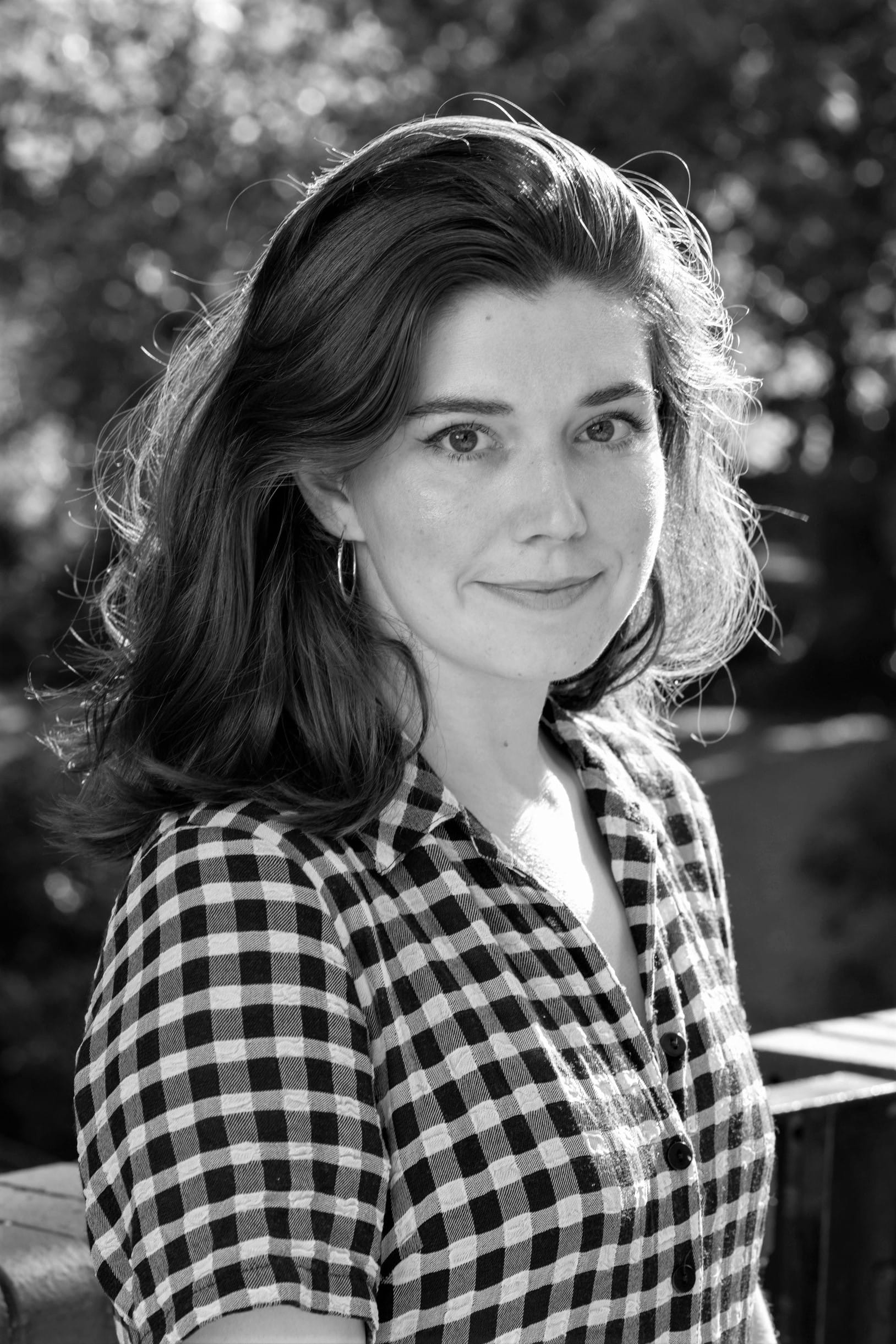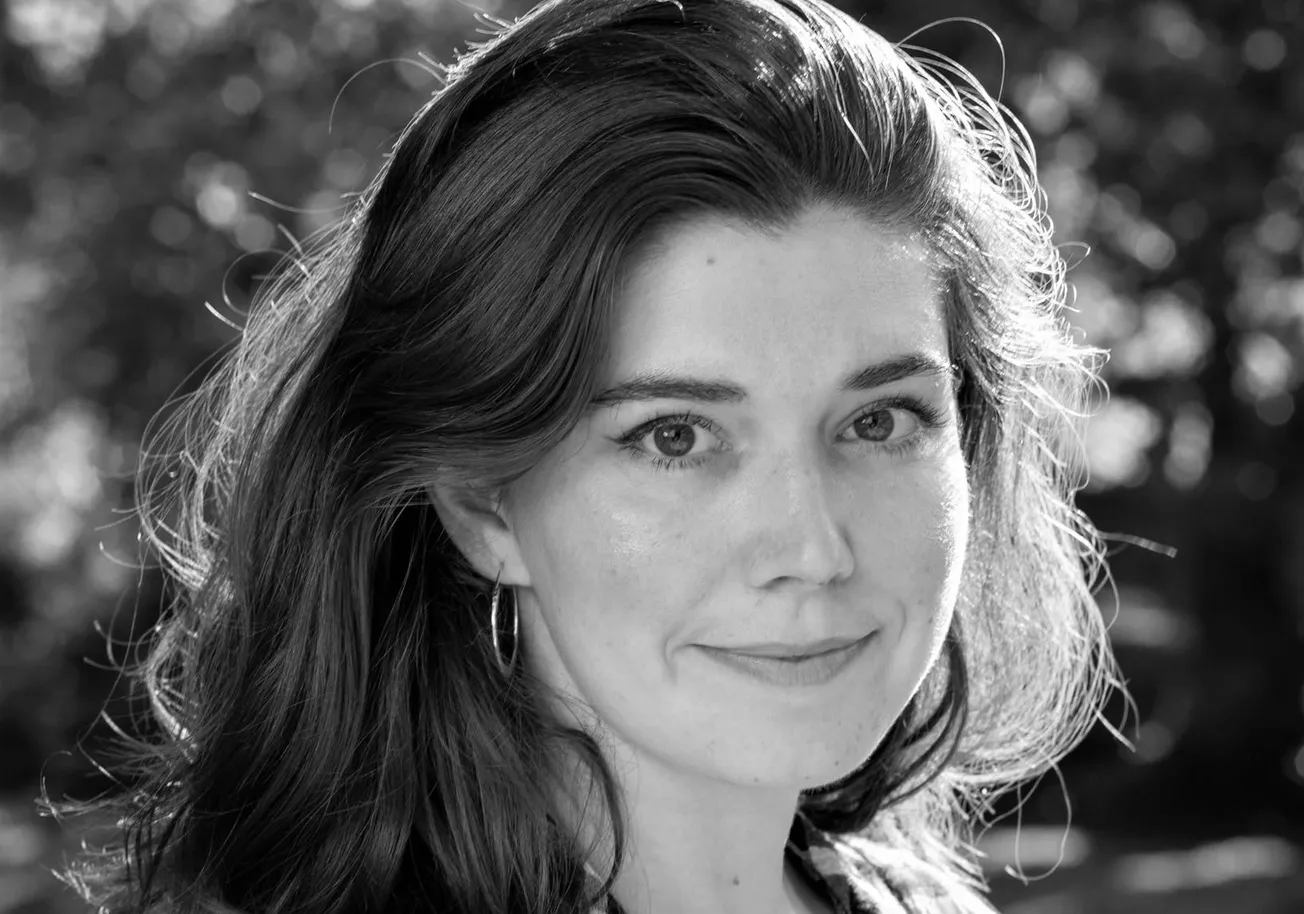When I was little, my parents took me and my sister on a trip to London. I remember few things about it, but the facts I recall still burn bright: eating falafel in a Lebanese cafe near our hotel, Formica tables and thick tahini sauce; being taken to the Madame Tussaud's Chamber of Horrors, where I became hysterical with fear and had to be taken out; going on the London Eye, by then only open for a couple of years.
The latter disappointed me: instead of one neatly ordered view of London, there were at least ten disparate ones. London, it seemed to me, sprawled in all directions – St Paul’s in the opposite window from Parliament; Tower Bridge nowhere near the Millennium Dome – and at the centre of it all was the river, thrillingly impudent, cocksure; a tongue lolling from an open mouth. The Thames, I thought, was the only thing that looked as it should, as it did on television, in photographs.
I still think about the river a lot. It’s the reason for the disconnect that I felt as a child, and the reason why trying to understand the city’s geography confounds me even now. Look at London from one vantage point and buildings miles apart seem to cluster together; look at it from another and a landmark from the west has switched places with one to its east. It’s the Thames’ trick, its capricious, half-brined sleight-of-hand, and the result is nine million stories, nine million histories – depending only on where you stand.

I’ve lived in London for seven years now, and I’ve written, to varying degrees, all that time. This has included, among other things, writing on lost female novelists for the New Yorker, on Adam Curtis for the Atlantic, on the concept of the monstrous feminine for Granta, on the Dawson’s Heights estate for PORT, and on Lana Del Rey’s vision of America for the New Statesman. I’m fascinated by stories about cultures and histories, by strange and overlooked characters, by the textures and sounds and rhythms of London – and, when I was given an opportunity to write about those things full time at The Londoner, I couldn’t quite believe my luck.
I often hear claims that the media is too London-centric, and I’m sure the existence of The Londoner won’t dissuade those people from repeating this. But what is never admitted is that there’s a paucity of quality journalism focusing on the capital. Sure, there’s coverage, but it’s only a specific type of London that the media depicts – or rather, two specific types. One is a city of deprivation and knife crime and mildewed sink estates; the other, a city of wealth and elevated swimming pools and the mirrored palaces of the City turning gold in the evening sun. That’s not to say that these versions of London don’t exist – of course they do – but the real truth lies mostly in the space between these two stories, and nobody seems to want to tell it. Until now, that is.
Does London exceptionalism exist? As a northerner, I can confirm that it does. But I can also confirm that it is exceptional. There’s a reason they’ve been telling stories about it for thousands of years, and there’s a reason they’ll tell them for thousands more. There is nowhere like it: ancient and modern, rich and poor, endlessly dying and endlessly born anew. In all its beautiful, terrible, awesome glory, the city is our story, as it always has been, as it always will be – now all we need to do is be its voice.

Comments
How to comment:
If you are already a member,
click here to sign in
and leave a comment.
If you aren't a member,
sign up here
to be able to leave a comment.
To add your photo, click here to create a profile on Gravatar.






